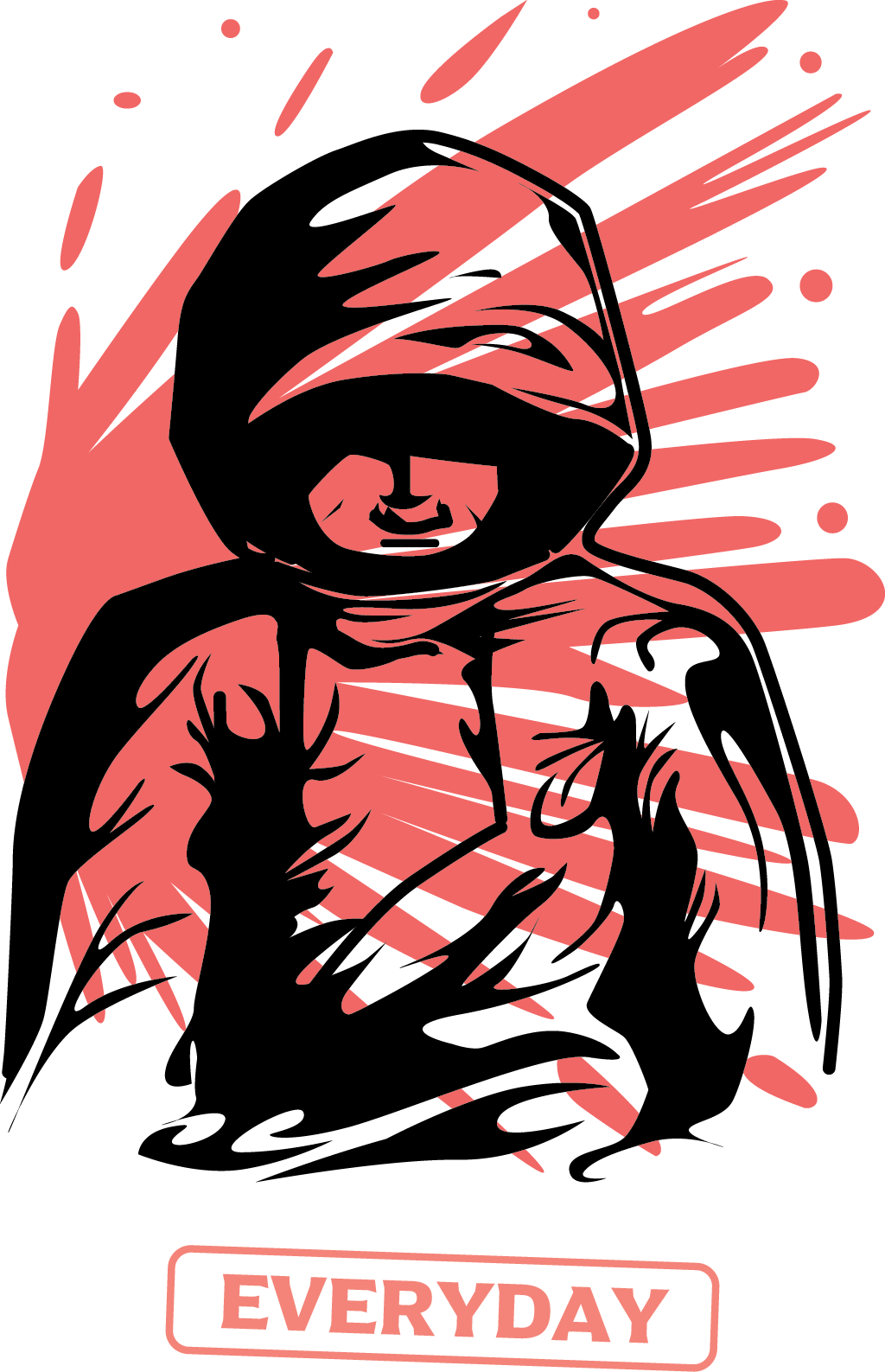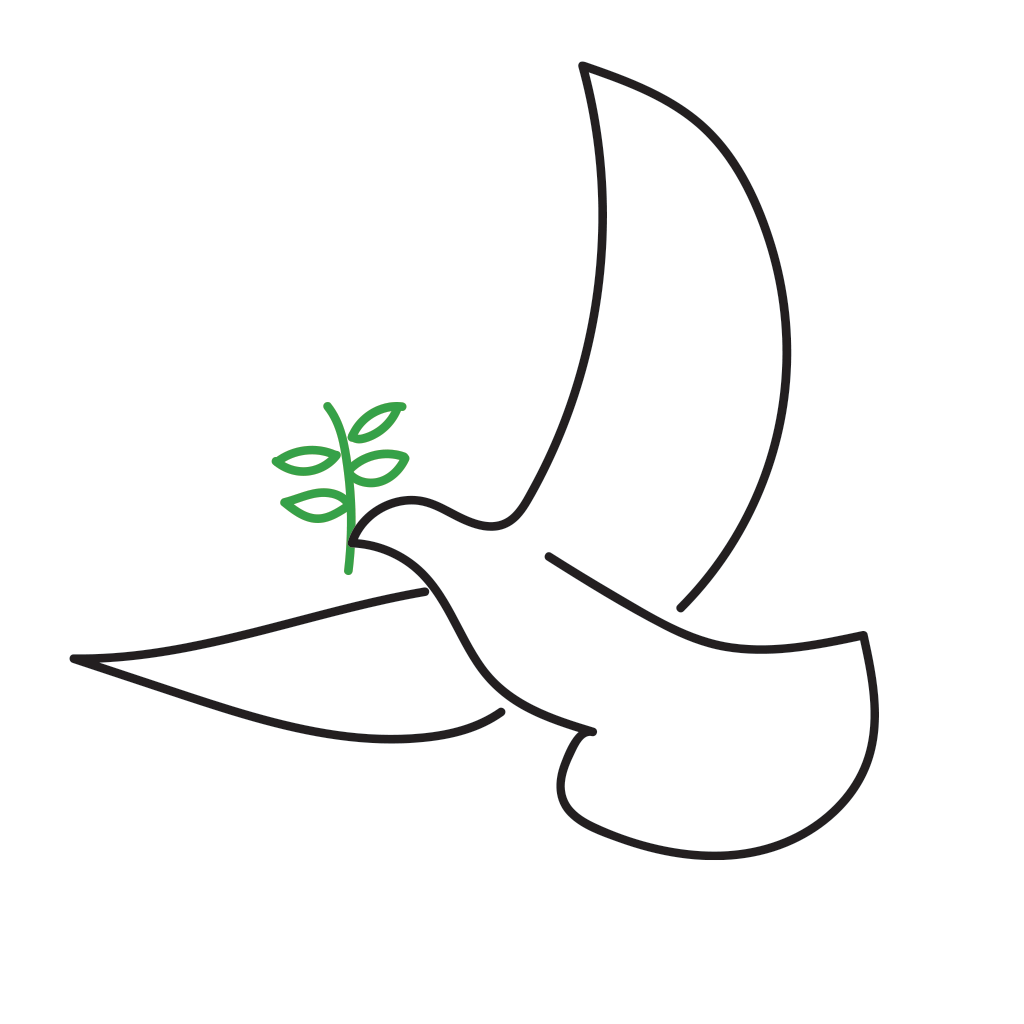The Faceless Victim

After listening in some detail to the triptych of voices which is guiding us in our reflection, we will now dedicate some space to the voice of a fourth victim: the Faceless Victim. This victim is faceless not because he/she doesn’t exist. He/she is faceless because the faceless victim represents a multitude of victims with a plurality of backgrounds and stories. There is no date for this tragedy. It is a tragedy that doesn’t happen at a precise moment in time, but unfolds over time with every action or inaction.
We remember here the tax-paying citizen. Not one day passes by without news stories testifying to the widespread misuse of public funds and the proliferation of sophisticated tax-avoiding and tax-evasion techniques. The principle of solidarity which gels a society together and without which all slogans about “being in this together” are null and vacuous, is not lived primarily by giving donations to worthy causes. When not everyone gives his/her due by contributing to the financing of public services, education, health etc according to his/her means, a situation of gross economic injustice is created and solidarity becomes an empty buzzword.
We remember those who do not offer or ask for “pjaċiri” in order to get a job or a service which is theirs by right. Deciding not to be part of this corrupt system means that others – possibly less deserving – will jump the queue, perpetuating even more the need of asking for favours in order to receive what you rightfully deserve or are entitled to. Those who stand firm against this temptation are labelled as stupid and naïve.
We remember those who are not well-connected. In a society like ours, many things get done only by speaking to the right people. When trying to navigate public services, those at the margins of society often face the double barrier or triple barrier of language, prejudice and the lack of personal connections.
We remember all workers who, in the name of productivity and economic growth, often are obliged to work for very long hours, sometimes with no right to disconnect. Caught up in this economic rat race in which a full-time salary is often not enough to pay off loans and keep up with the cost of living, a part-time job often becomes a necessity, more than a choice. This frenetic lifestyle takes its toll not only on the individual involved but inevitably ends up affecting all our relationships, including the quality-time which can realistically be dedicated to other family members. We all end up with “always so ‘little time’ for what is truly meaningful”[1].
We remember those thousands of children who are at risk of poverty and social exclusion and who risk getting caught in an intergenerational poverty trap[2]. Although, over the years, the welfare system in Malta has been strengthened in numerous ways, more needs to be done to address the root causes of poverty and ensure that all children, whatever their background, are given the necessary tools and possibilities to reach their full potential.
We remember all those elderly people who feel marginalized and lonely. In a society which values productivity in a pre-eminent way, many are those who feel that in their old age, they have nothing left to contribute. Moreover, with many caught up in a frantic pace of life, we might easily forget that “grandparents and the elderly are not leftovers from life, scraps to be discarded. They are a precious source of nourishment”.[3]
We remember all those women who are victims of hatred, violence and discrimination, just for being women[4]. Whether in the street, within families or on the workplace, for far too long Maltese society has tolerated unacceptable levels of disrespect and violence – in words, attitudes and deeds – towards women. Over and above any legislative changes, we need to urgently address the underlying misogynistic culture at the root of this violence.
These are just an example of countless persons who on a daily level are victims of injustice, whether perpetrated by individuals or the result of systemic and structural issues. To these victims we may also add future generations who unfortunately will inherit not only a public debt burden which might in future become unsustainable but also the full impact of the climate emergency many are still choosing to ignore.
[1] Archdiocese of Malta, One Church, One Journey. A process of ecclesial renewal, 59.
[2] Last year, 22.6% of Maltese minors were at risk of poverty or social exclusion – Eurostat, https://www.independent.com.mt/articles/2021-10-28/local-news/Last-year-22-6-of-Maltese-minors-were-at-risk-of-poverty-or-social-exclusion-Eurostat-6736237874 (accssed 11/01/2022)
[3] Elderly are to be valued, not discarded, says Pope, https://www.ncronline.org/news/spirituality/francis-chronicles/elderly-are-be-valued-not-discarded-pope-says (accessed 11/01/2022)
[4] Woman found murdered off Sliema promenade. Suspect arrested outside Church, https://timesofmalta.com/articles/view/woman-found-murdered-off-sliema-promenade-suspect-arrested-outside.925174 (accessed 21/01/2022)
